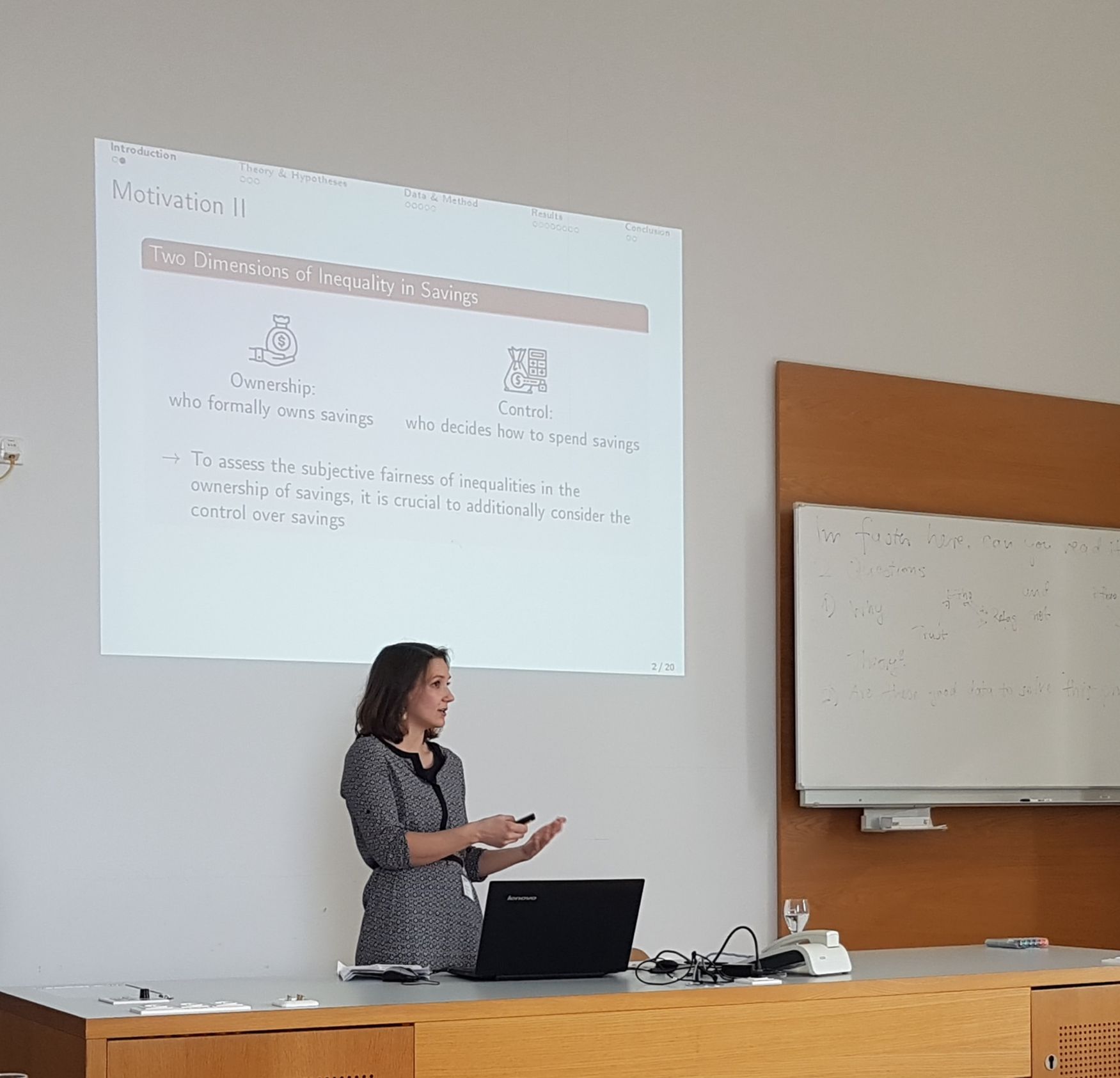Projects
The largest German fortunes
A small group of families or individuals, with fortunes amounting to at least hundreds of millions of euros, sit at the top end of the wealth distribution in Germany. Relatively little is known about this small group and this project uses rich lists to take a look at the so-called superrich in Germany. It examines various characteristics of the individuals, their families, and their associated companies or sources of wealth. For this purpose, the list of the 1001 wealthiest German families published by the Manager Magazin in 2019 is augmented with socio-demographic information about individuals and families from encyclopedias and other publicly accessible sources. Alongside describing the social composition of the 1001 wealthiest German families, this study will examine the origins of today’s largest fortunes to study the long-term perpetuation of wealth. To this end, today’s superrich will be compared with rich lists from the late German Empire. Thereby, families are identified who could perpetuate their fortunes over more than a century. To exploratively investigate how intertwined super-rich families are through family lines, we draw family network graphs. To this end, we link both rich lists to Wikidata and use the genealogical data included on Wikidata. Overall, this project will provide rich quantitative insights into the very top of the German wealth distribution.
Family network of superrich families:
German Inheritance and Gift Tax Data
I just started a larger project based on the German inheritance and gift tax data.
In a first subproject we will examine the gender gap in parental gifts and inheritances. Prior research has documented significant gender wealth inequalities in most countries around the world. However, less is known about how the family through intergenerational transfers in combination with institutional factors such as the tax system shape the gender wealth gap. To examine gender differences in parental transfers, we look at the distribution of inheritances and gifts by gender and asset type. We then examine if women and men benefit differently from tax exemptions resulting in a gender gap in the effective tax rate. Preliminary analyses indicate that the gender gift gap is much larger than the gender inheritance gap. Furthermore, preliminary analyses indicate that the German inheritance and gift tax system contributes to gender wealth inequality.
